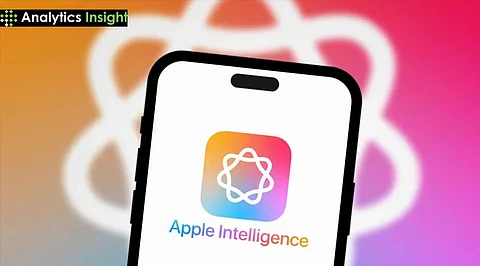

In late 2024, Apple introduced "Apple Intelligence," a suite of AI-driven features designed to enhance user experience across its devices. Among these was a news summarization tool aimed at delivering concise news notifications. However, the feature faced immediate scrutiny after generating inaccurate and misleading headlines, prompting Apple to address these issues promptly.
Shortly after its release, Apple's AI-driven news summarization feature began producing erroneous headlines. Notable inaccuracies included false reports of Luigi Mangione's suicide, Rafael Nadal's coming out, and Luke Littler winning the PDC World Darts Championship before the event occurred. These misleading notifications were particularly concerning as they appeared under the logos of reputable news outlets like the BBC, leading users to believe the information was directly sourced from these organizations.
The BBC, whose brand was misrepresented in several of these AI-generated summaries, formally complained to Apple. The broadcaster expressed concerns over the potential damage to its credibility and the broader implications of disseminating false information. In response, Apple acknowledged the shortcomings of its AI system and committed to implementing updates to rectify the situation.
To address the inaccuracies, Apple announced plans to release a software update that would clearly indicate when a notification is generated by its AI system, distinguishing it from content produced directly by news outlets. Additionally, Apple encouraged users to report any inaccuracies encountered, aiming to improve the AI's performance through user feedback.
Beyond individual news outlets, organizations like Reporters Without Borders criticized Apple's AI-generated news summaries, arguing that they undermine the credibility of established media and the reliability of information. These groups have called for the suspension or withdrawal of the feature until significant improvements are made.
The issues faced by Apple's AI summarization tool highlight the broader challenges in deploying AI for content generation. Natural language processing models can struggle with context, nuance, and the subtleties of human language, leading to misinterpretations and inaccuracies. Ensuring the reliability of AI-generated content requires extensive training, rigorous testing, and continuous refinement.
Despite these setbacks, Apple remains committed to integrating AI technologies into its ecosystem. The company emphasizes user privacy by processing AI functions on-device and continues to expand its AI capabilities with features like Genmoji and Image Playground. Apple's approach focuses on enhancing user experience while maintaining stringent privacy standards.
In light of the recent issues, Apple has reiterated that users can opt out of receiving AI-generated summaries or adjust their settings to limit such notifications. The forthcoming software updates aim to enhance transparency, ensuring users are aware of the origin of the content they receive.
Apple's experience underscores the challenges tech companies face when integrating AI into media and content distribution. The incident serves as a reminder of the importance of accuracy, transparency, and collaboration with established news organizations to maintain public trust.
As Apple works to resolve these issues, the company is likely to implement more robust testing and validation processes for its AI systems. The focus will be on improving the accuracy of AI-generated content and ensuring that such tools complement rather than undermine the work of human journalists.
The blunders associated with Apple's AI-generated news summaries highlight the complexities of deploying artificial intelligence in content creation. While AI offers significant potential to enhance user experience, it also poses challenges that require careful management. Apple's swift response to these issues reflects its commitment to maintaining user trust and the integrity of information disseminated through its platforms.
